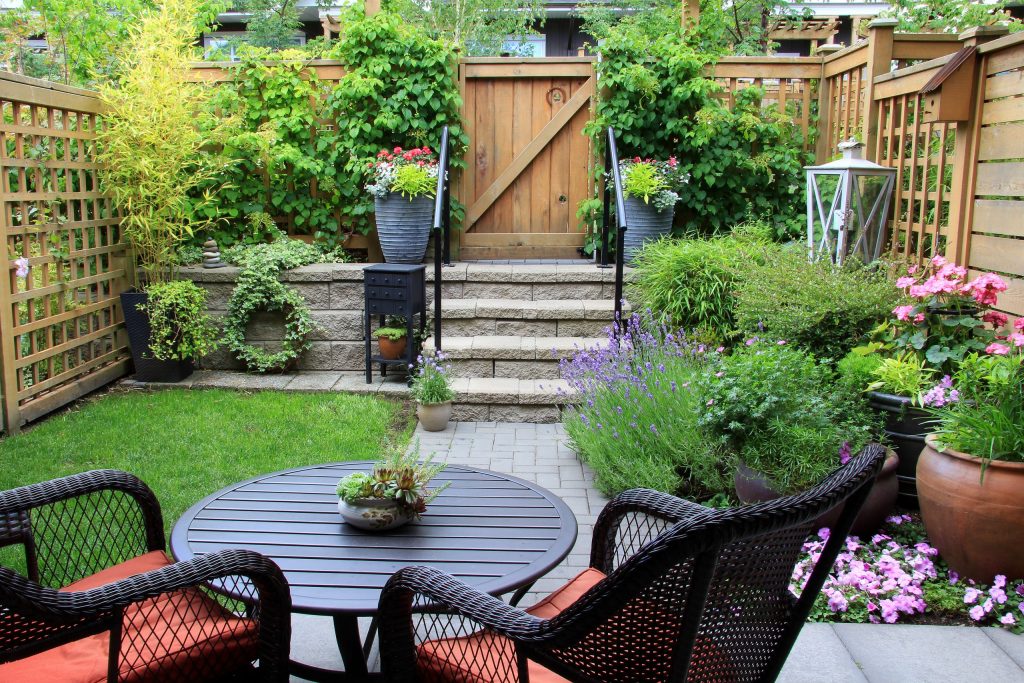Cultivating Zen: Essential Ways To Care For Your Home Garden
A home garden is a sanctuary of natural beauty, a haven where vibrant flowers bloom, fresh herbs and vegetables thrive, and the symphony of nature soothes the soul. To create and maintain a flourishing garden, providing the love and care it deserves is essential. This article will explore key practices and tips to help you nurture and maintain your home garden, ensuring it remains a source of joy and inspiration for years to come.

• Plan and Prepare
Before diving into gardening, take time to plan and prepare your garden space. Consider factors such as available sunlight, soil type, and drainage. Sketch a garden layout, including the types of plants you wish to grow and their placement. This thoughtful planning will set the foundation for a successful garden.
• Soil Enrichment
Healthy soil is the backbone of a thriving garden. Enhance soil fertility by incorporating organic matter such as compost, well-rotted manure, or leaf mould. These additions improve soil structure, retain moisture, and provide essential nutrients for plant growth.
Regularly test the pH level of your soil to ensure it aligns with the specific needs of your plants.
• Water Wisely
Proper watering is crucial to maintain plant health. Monitor the moisture levels of your garden regularly and water deeply when needed. Watering deeply encourages plants to develop strong root systems. Consider using a drip irrigation system or soaker hoses to deliver water directly to the root zone, minimizing water waste and reducing the risk of diseases caused by overhead watering.
• Weed Control

Weeds compete with your plants for nutrients, water, and sunlight. Regular weeding is essential to prevent them from overtaking your garden. Remove weeds by hand or use mulch to suppress their growth. Mulching helps control weeds and retains moisture in the soil, regulates soil temperature, and adds organic matter as it decomposes.
• Pruning and Deadheading
Pruning and deadheading promote healthy growth and prolong the blooming period of flowering plants. Remove dead or damaged branches to enhance plant vigour and aesthetics. Deadhead spent flowers to encourage continuous blooming. Prune shrubs and trees during the appropriate seasons to maintain their shape, control size, and improve overall health.
• Nutrient Management
Regularly feed your plants with the nutrients they require to flourish. Consider using organic fertilizers or homemade compost to provide a balanced blend of essential nutrients. Follow package instructions or consult gardening resources to determine the appropriate dosage and frequency for feeding different plants.
• Pest and Disease Management

Vigilance is key in managing pests and diseases in your garden. Monitor your plants for any signs of infestation or disease, and take appropriate action promptly. Consider natural and organic pest control methods such as companion planting, introducing beneficial insects, or using homemade remedies. If necessary, use chemical solutions judiciously, following instructions carefully and considering their environmental impact.
• Continuous Learning
Gardening is a lifelong journey of learning and experimentation. Stay curious and expand your knowledge through books, online resources, or by joining local gardening communities.
Attend workshops or visit botanical gardens to gain inspiration and insights from experienced gardeners. Embrace the joy of discovery and adapt your gardening practices as you learn more about the unique needs of your plants.
Caring for your home garden is a labour of love that rewards you with the beauty and tranquillity of nature. By following these essential practices, you can create an environment where your plants thrive, your garden flourishes, and you find solace in nurturing. So, roll up your sleeves, put on your gardening gloves, and embark on a journey of growth, beauty, and endless possibilities in your very own home garden.






